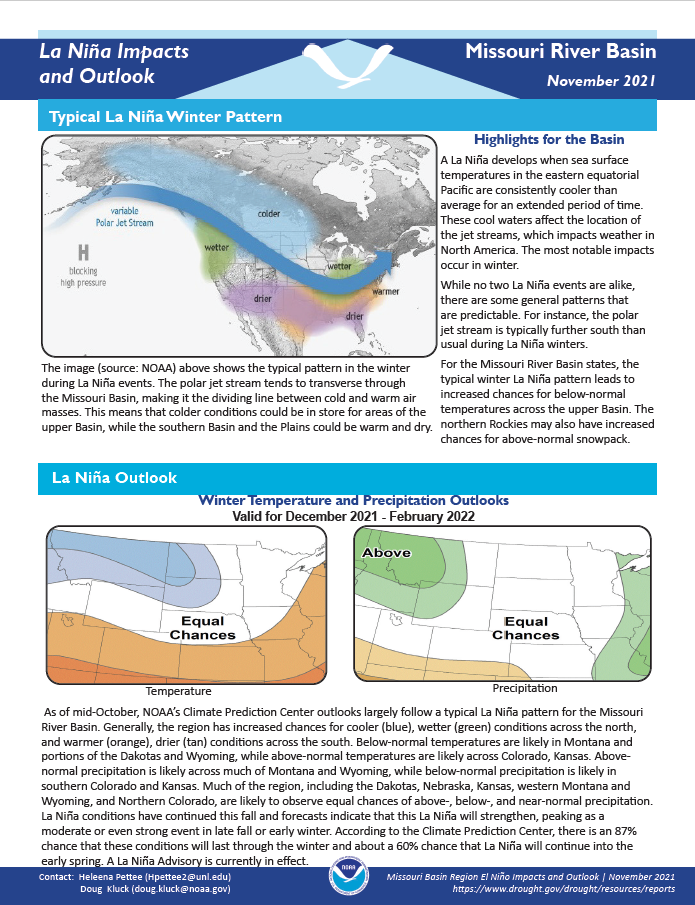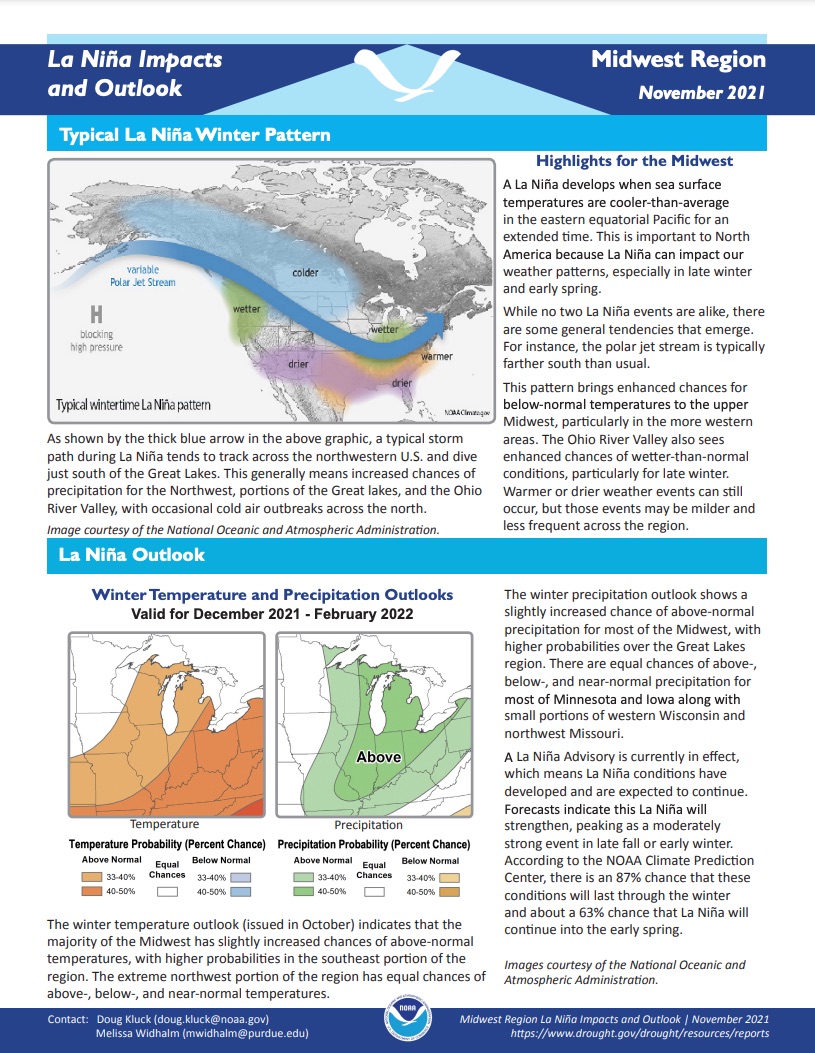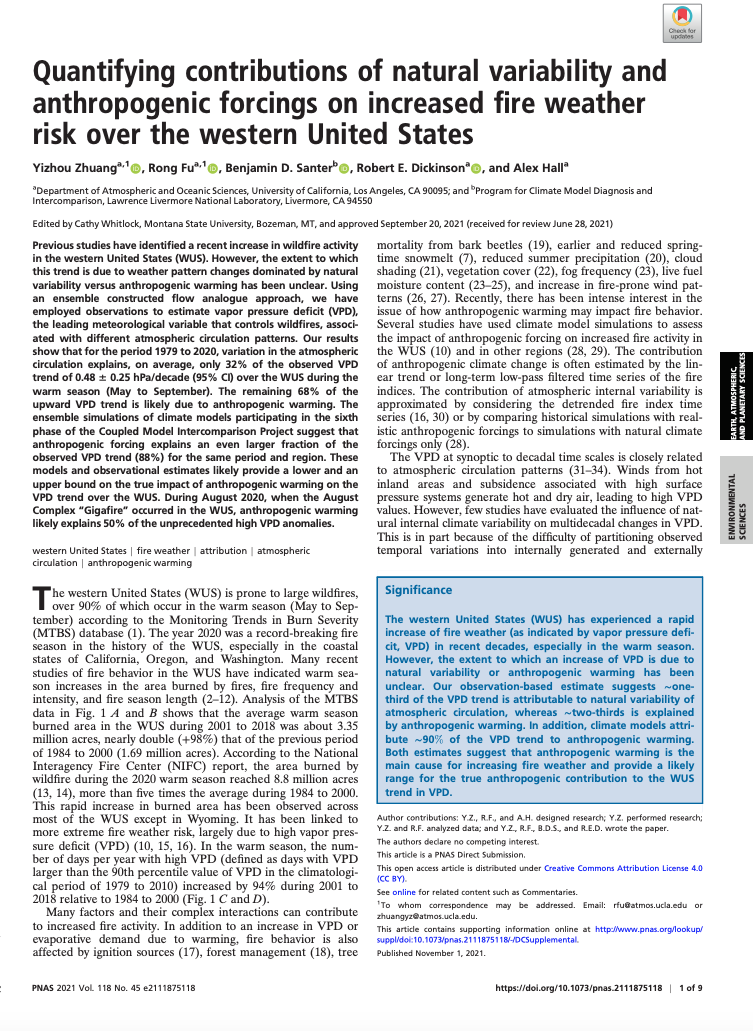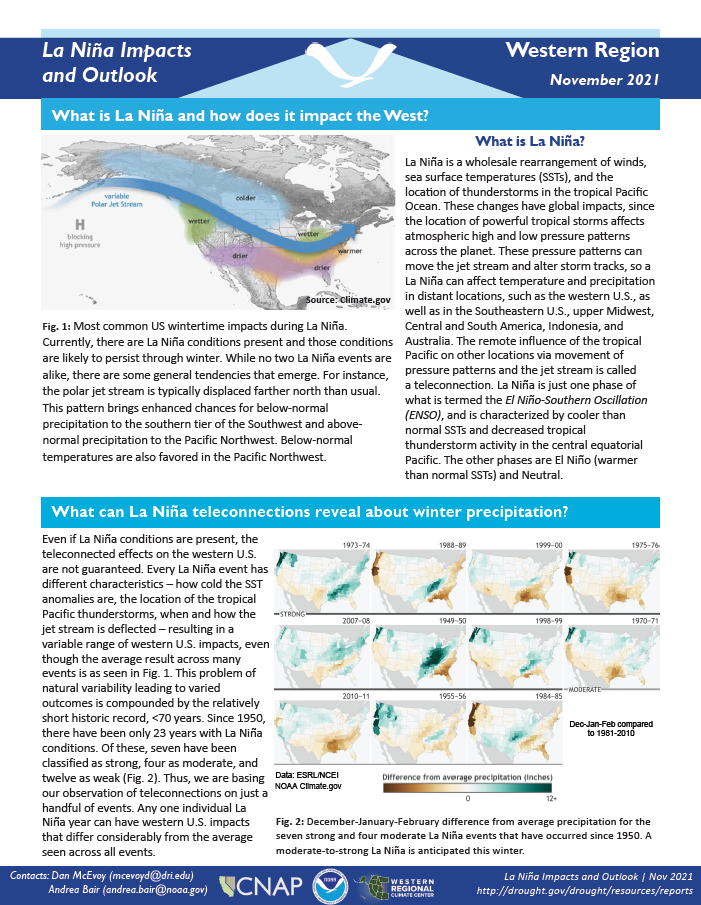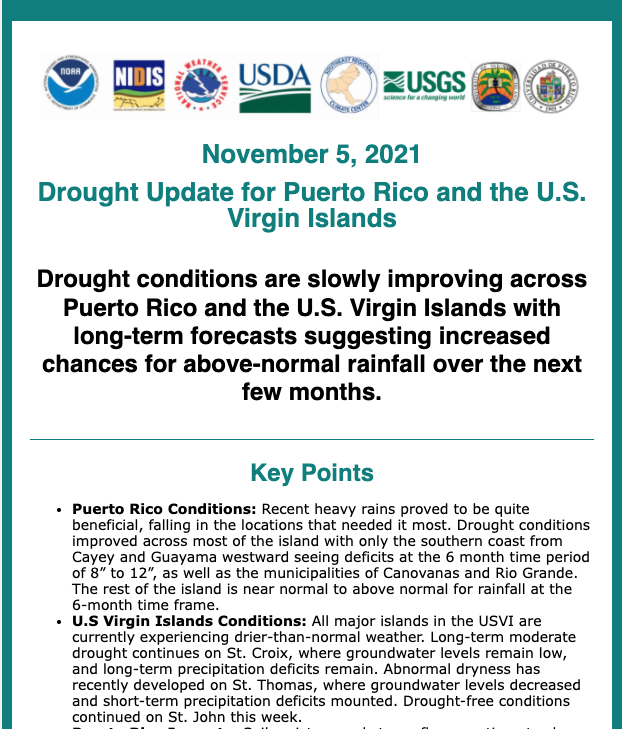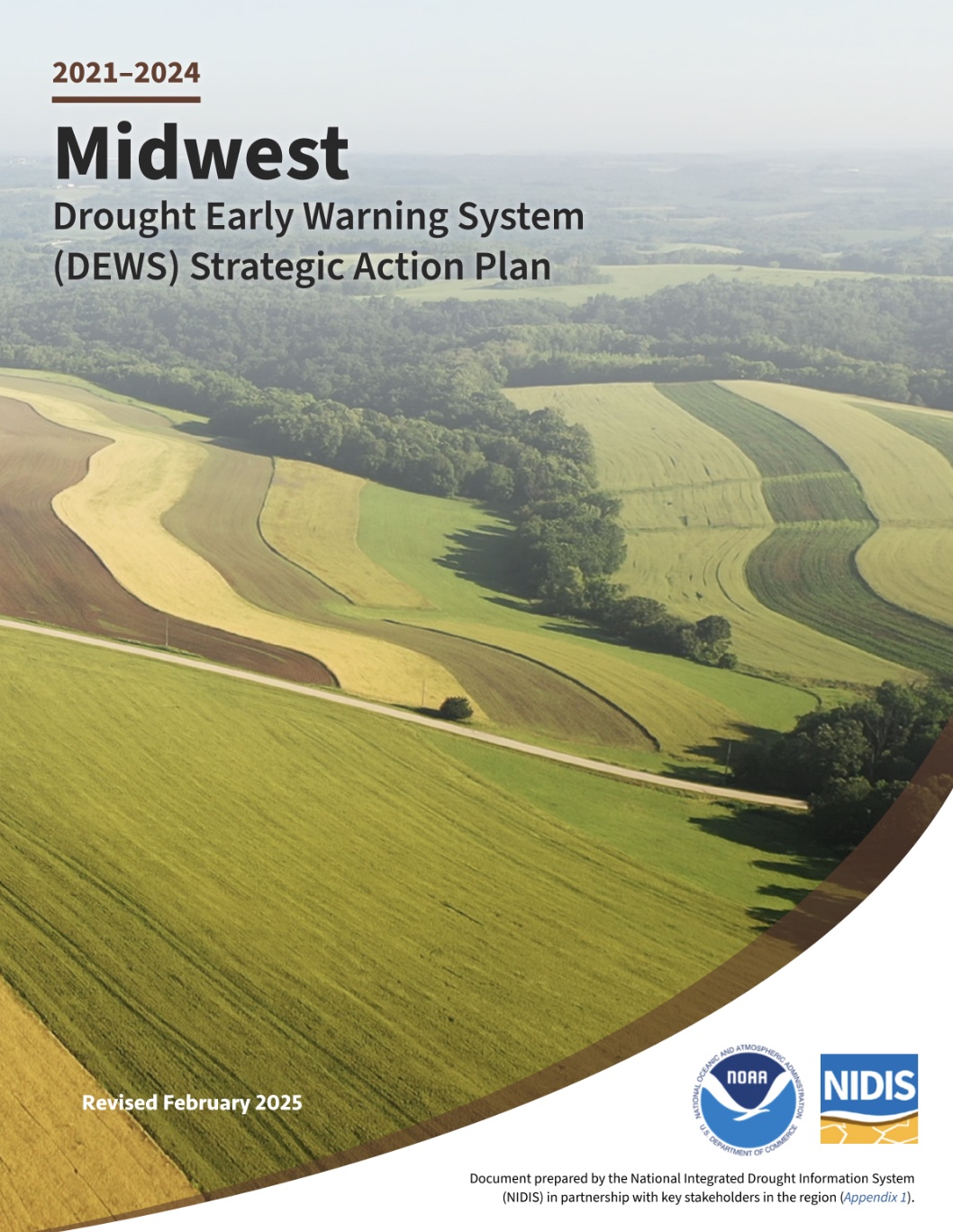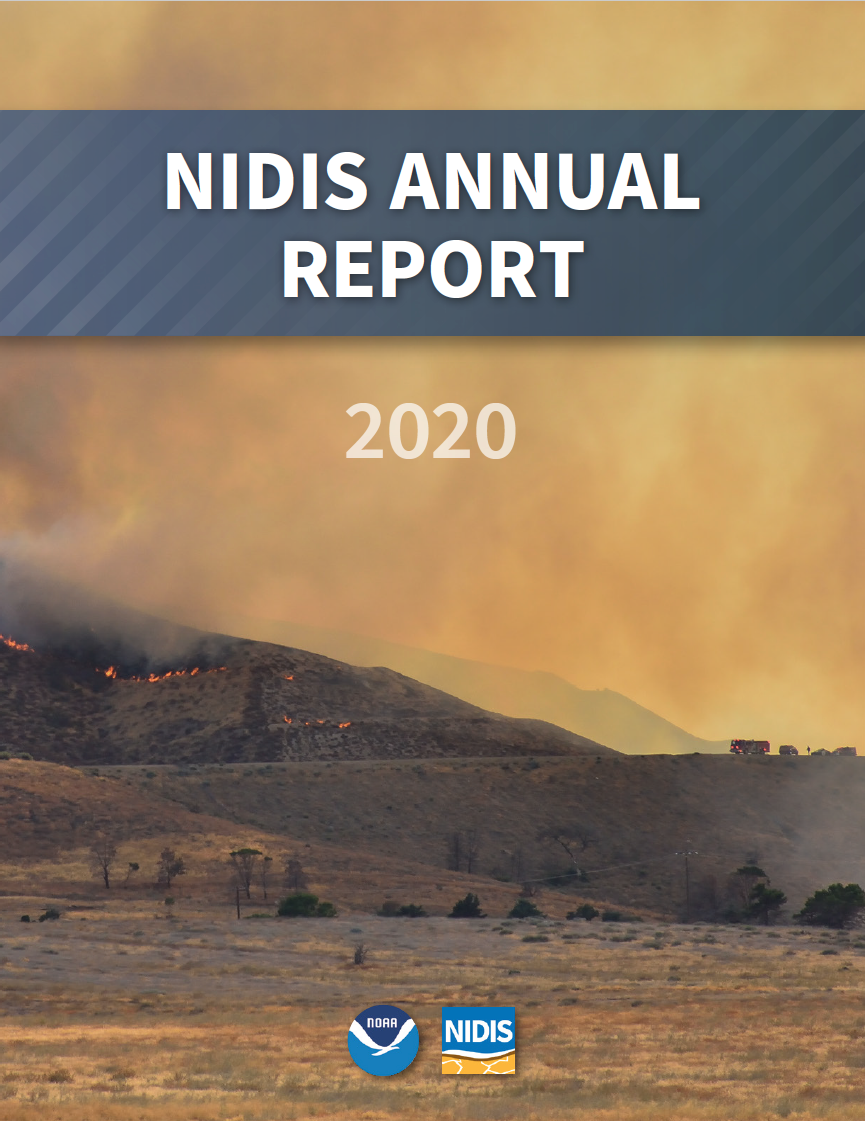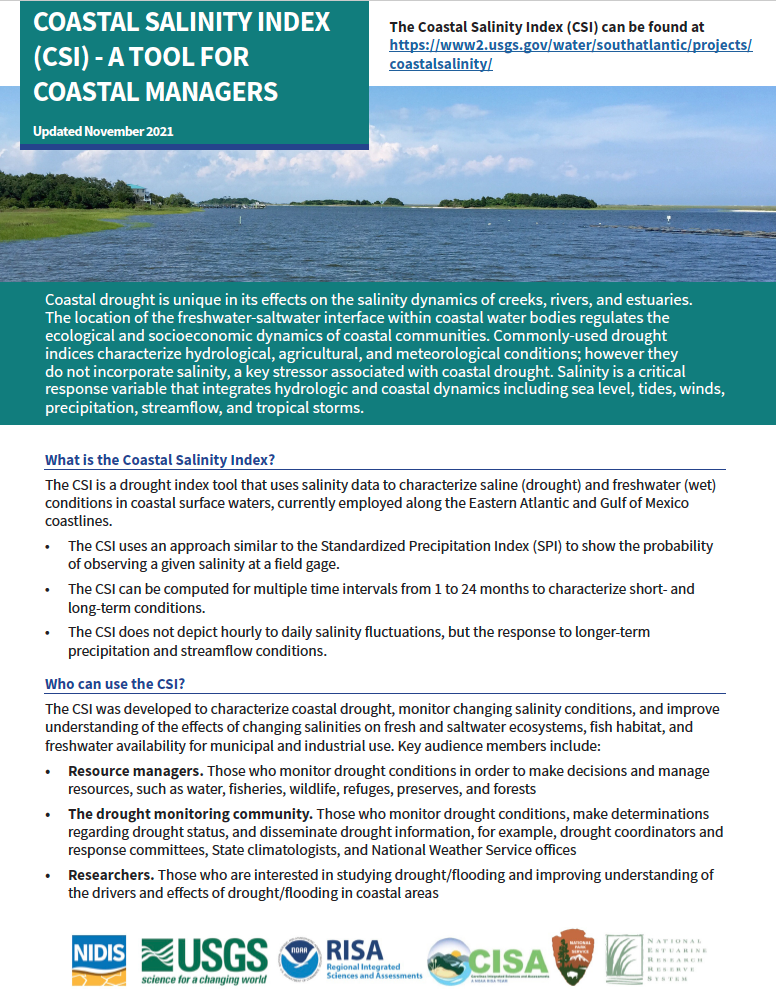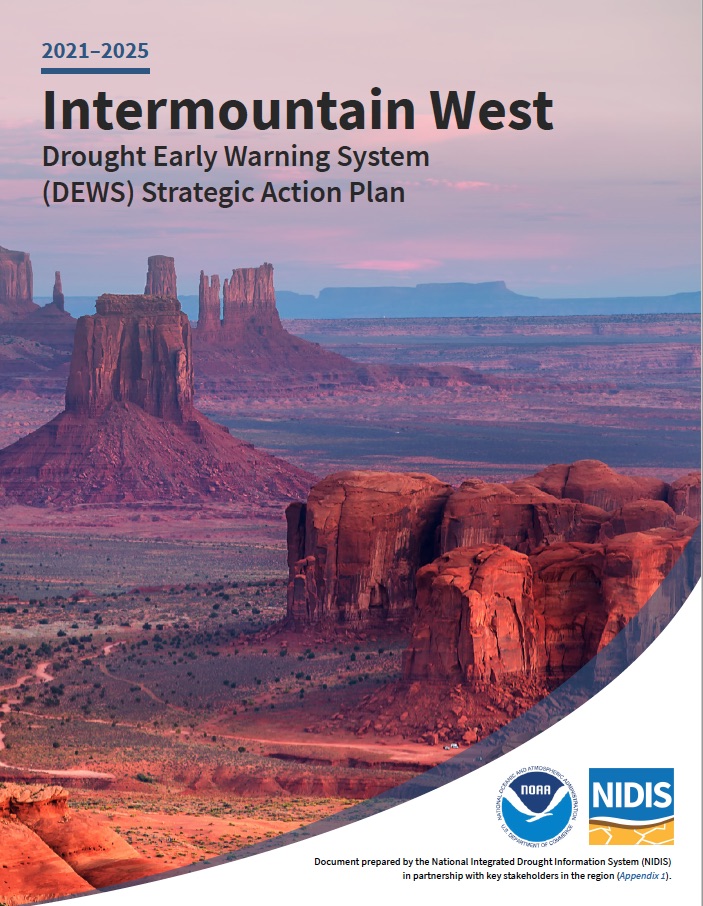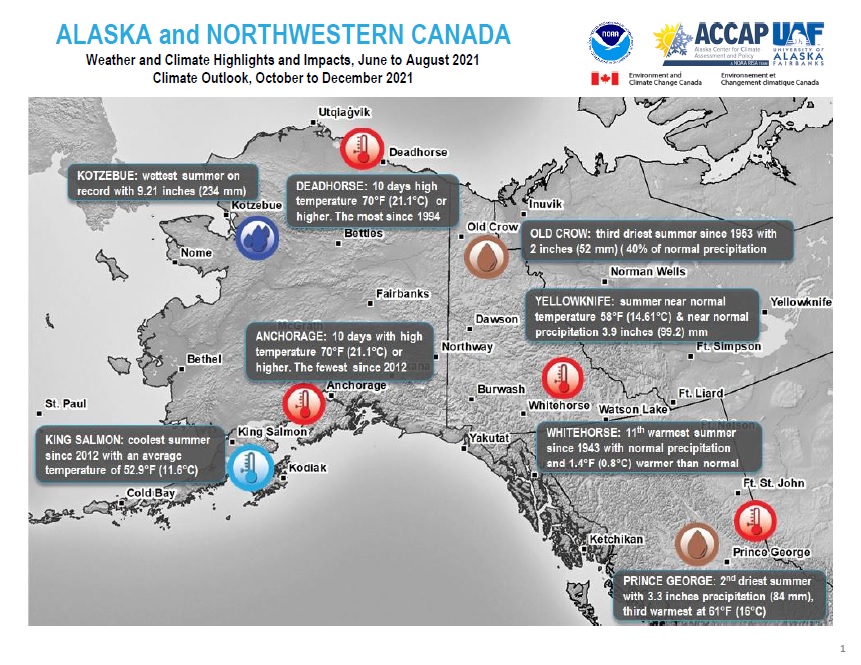This handout provides information on the typical La Niña winter pattern; the La Niña outlook; potential winter and spring impacts; and comparisons of conditions during previous La Niña years for the Missouri River Basin region. Updated November 2021.
NOAA’s Regional Climate Services Program created these outlooks to inform the public about climate impacts within their respective regions. Each regional report contains easy-to-understand language, and anyone can access them through the Drought Portal.
This handout provides information on the typical La Niña winter pattern; the La Niña outlook; potential impacts; and comparisons of conditions during previous La Niña years for the Midwest U.S. Updated November 2021.
NOAA’s Regional Climate Services Program created these outlooks to inform the public about climate impacts within their respective regions. Each regional report contains easy-to-understand language, and anyone can access them through the Drought Portal.
This article in the Proceedings of the National Academy of Sciences of the United States of America (PNAS) was the result of NIDIS-supported research. Learn more about this research.
This summary provides information on the typical La Niña winter pattern; the La Niña outlook; potential impacts; and comparisons of conditions during previous La Niña years for the Western U.S., updated in November 2021.
NOAA’s Regional Climate Services Program created these outlooks to inform the public about climate impacts within their respective regions. Each regional report contains easy-to-understand language, and anyone can access them through the Drought Portal.
This drought update is issued in partnership between the National Integrated Drought Information System (NIDIS), National Oceanic and Atmospheric Administration (NOAA) National Weather Service, and the U.S. Department of Agriculture (USDA), and the University of the Virgin Islands. The purpose of the update is to communicate a potential area of concern for drought expansion and/or development within Puerto Rico and the U.S. Virgin Islands based on recent conditions and the upcoming three month forecast.
The purpose of the 2021–2024 Midwest Drought Early Warning System (DEWS) Strategic Action Plan is to identify priorities, outcomes, and activities the Midwest DEWS plans to undertake together to improve drought early warning and preparedness for the region.
The National Integrated Drought Information System (NIDIS) is pleased to share our 2020 Annual Report to provide insight into the many accomplishments of the program over the previous year and the opportunities that lie ahead. The year 2020 was exceptionally difficult for people worldwide, as the COVID-19 pandemic ravaged the globe and altered almost every facet of daily life. Not only was 2020 a significant drought year for the United States, it also brought record-breaking heat and devastating wildfires.
Fact Sheet Updated November 2021
The 2021–2025 Intermountain West Drought Early Warning System (DEWS) Strategic Action Plan was developed following a series of stakeholder meetings held virtually in October and November 2020. Each virtual meeting was focused on one of the following sector needs: Colorado River management and issues; water management (non-Colorado River); farming and cropping; livestock; recreation and tourism; and forestry, ecology, and fire management. Attendees were asked about how drought impacted their lives, their jobs, and their businesses.
Quarterly Climate Impacts and Outlook for Alaska and Northwestern Canada for June–August 2021, with an outlook for October–December 2021. Dated September 2021.
NOAA’s Regional Climate Services Program and partners created these Climate Outlooks to inform the public about recent climate impacts within their respective regions. Each regional report contains easy-to-understand language, and anyone can access them through the Drought Portal.


